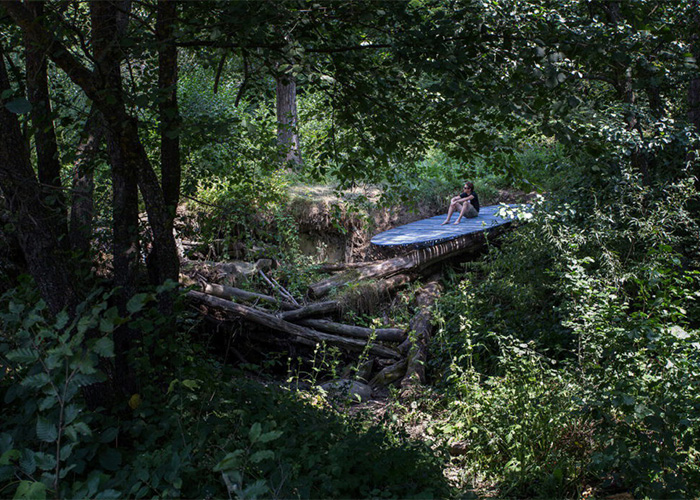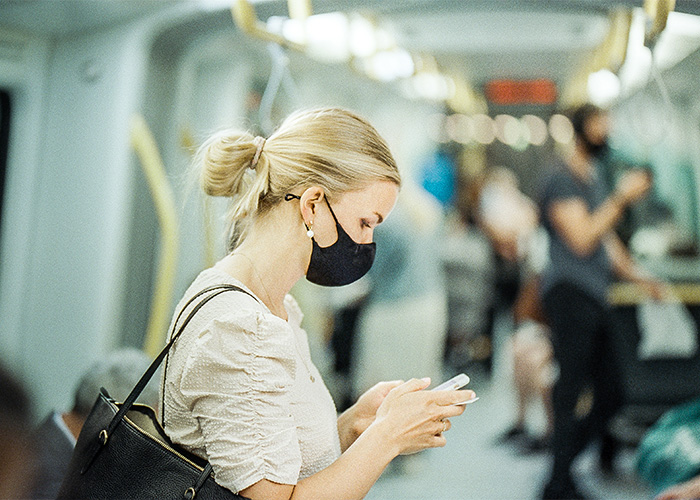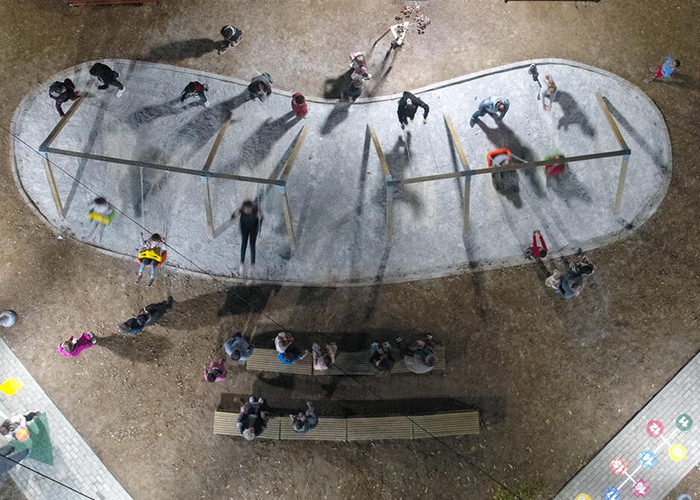Design For Forest: by Zaš Brezar In Europe, landscape architects are using simple interventions to manipulate the use of forests while prioritising their essential environmental function, writes Zaš Brezar for Landezine. Landscape architects, Zaš writes, can “bring forests closer to people in a meaningful and careful way. Empowering bonds between landscapes and people is one of the most important tasks of our profession. We maintain what we appreciate.” Strengthening the existing, and designing by maintenance rather than from scratch, is central to designing forests with conservation and care in mind, they say. In Strandskogen Arninge Ullna, a park in Sweden, landscape architects maintained “existing ambiences” by choreographing visitors’ movement through the dense riparian forest on elevated walkways. “This way, they have minimised the impact of people staying in the woods …
streetchat

Covid-19
How our cities work – essential lessons from lockdown: By Matt Wade New research on the demographics of essential workers in Australia’s largest cities casts a stark light on geographic and gender inequalities, writes Matt Wade for the Sydney Morning Herald. Essential workers are employed “across health and social services, education, freight and delivery, transport, police and emergency services, logistics, construction and some retail,” and make up 45% of the workforce in Australian capital cities. They are exposed to greater risk of contracting Covid-19 in their workplaces, and through travelling to work. According to a study by consultancy SGS Economics and Planning, most essential workers in Sydney and Melbourne live in outer metropolitan growth areas where housing is more affordable – these regions also recorded a high share of infections …
12 Principles for an Effective Urban Response to Covid-19: UN-Habitat, the United Nations agency for human settlements and sustainable urban development, has developed 12 key principles to help local and national governments to prevent the spread of the virus and build preparedness for the future. The principles relate to accessibility, flexibility, design, management and maintenance, connectivity, and equitable distribution, and cover short, medium and long-term interventions. Read about them on ArchDaily. One in four cities cannot afford climate crisis protection measures: One in four cities around the world lack the money to protect themselves against climate breakdown, even though more than 90% are facing serious risks, according to research by the Carbon Disclosure Project. A survey of 800 cities found that 43%, representing a combined population of 400 million people, …




